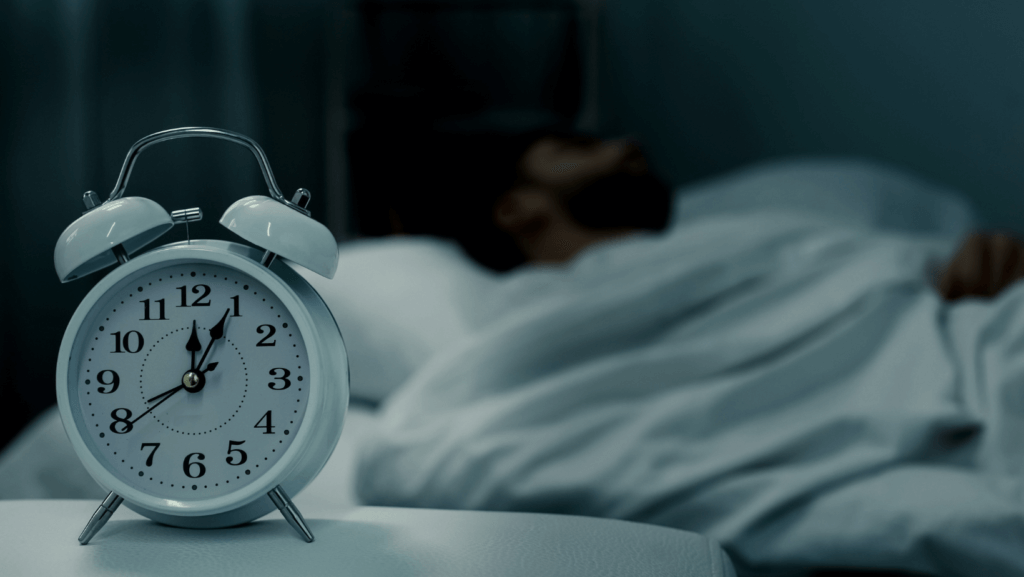We all want ways to feel better — physically and emotionally — without falling down the rabbit hole of medical and pharmaceutical care. But that means taking initiative and playing an active role in our own health, often with the help of home remedies. For depression and anxiety, the remedies usually involve behavior and lifestyle changes to effect (and affect) a change in mood.
The million-dollar question regarding home remedies, of course, is: Do they work?
Follow that up with: How well do they work? and How hard do I have to work for the remedy to work?
When depression and anxiety are the culprits, whether diagnosed or not-yet-diagnosed, motivation to seek, research, and utilize home remedies can be its own issue.
For the person living with depression, for example, lack of motivation, as well as disinterest in things once enjoyed, can be a primary symptom.
So home remedies for depression and anxiety that require motivation or movement into areas of interest may not seem like feasible choices.
At least on the surface.
Understanding the signs and scale of depression and anxiety
What we know for sure is that almost 50 million people in America suffer from anxiety and/or depression.
And the effects aren’t limited to the mind. They’re physical, too.
Anxiety and depression are the main characters in a global mental health crisis.
Even those small countries whose statistics on depression make them seem less affected than major countries may actually be comparably at risk. They simply may not have the diagnostic and treatment capacities of larger, more developed nations.
How unfortunate that so many people may not even know why they are suffering, let alone that the cause of their suffering is treatable.
In populations like this, home remedies for depression and anxiety take on a whole new meaning as more than just an option. They become a necessity.
No matter where you live or what kind of mental health treatment options you have at your disposal, some considerations are essential.
If you are considering home remedies for depression and anxiety, it’s important to “know the enemy.”
Depression, for example, is more than an occasional case of rainy day blues or situational sadness. And anxiety is more than being in a constant state of panic.
There are signs of depression and anxiety that vary in frequency, longevity, intensity, and origin. Familiarizing yourself with these signs and being honest in your self-assessment will go a long way in directing your most effective treatment.
Is your mood a result of a current circumstance or is it taking over your life? Your honest answer holds the key to both diagnosis and proper treatment.
Pervasive sadness, loss of interest in things otherwise enjoyed, changes in sleep/weight/appetite, isolation, constant worry, racing thoughts….The list of symptoms is long and often overlapping.

And that list will help you determine if home remedies are enough to manage your depression and anxiety or if it’s time for you to seek psychotherapy.
Examples of home remedies for depression and anxiety
Using natural remedies to address symptoms of depression and anxiety is always more effective when started early.
For example, if you begin to notice that you’re struggling to fall asleep and stay asleep on a regular basis…or you have stopped socializing with friends and are becoming isolated…or you are feeling a sense of hopelessness that won’t go away…or you are having difficulty concentrating….
The time of recognition is the best time for action. Chances are you can create space for positive mood changes simply by taking inventory of your lifestyle and how you can include more self-nurturing.
Here are 10 ways to naturally reduce anxiety (check out the linked article for some eye-opening, scientific reasons that back up each suggestion):
- Stay active
- Eliminate alcohol
- Stop smoking
- Limit caffeine intake
- Prioritize a good night’s rest…every night
- Meditate and practice mindfulness
- Eat a balanced diet of healthful foods (and stay hydrated)
- Practice deep breathing
- Incorporate aromatherapy
- Drink chamomile tea
As different as depression and anxiety may seem on the surface – Debbie Downer vs. Adrian Monk – they are actually very interconnected.
And that means their remedies are, as well.
Four of the most effective home remedies for depression, for example, are on the above list:
- Exercise
- Have a healthy sleep routine
- Meditate and practice mindfulness
- Eat for physical and psychological nourishment
Two of these remedies warrant mentioning, as they are so essential to daily life that we may take them for granted.

Sleep is, in many ways, a great mystery. We can’t “study” it in ourselves while under its spell. But we have a very intimate relationship with it, often to the point of fighting with it and even dreading it.
And we always feel its effects, both positive and negative.
When it comes to depression, for example, a Johns Hopkins study found that sleep interruptions can actually increase a person’s risk of depression.
Healthy, uninterrupted, slow-wave sleep is essential for receiving sleep’s restorative benefits.
Sleep is, as they say, “nature’s nurse.” And that nugget of wisdom goes for mental health as well as physical health.
The relationship between sleep and depression is deeply connected. When sleep is an issue, the two create a vicious cycle. Lack of slow-wave sleep leads to a depressed mood. A depressed mood leads to problems sleeping.
Add in the anxiety that wants a part of the action, and suddenly you’re living a trifecta of mental suffering and a diminished life.
Similarly, nutrition is too easily assigned to the area of physical health – cholesterol, high blood pressure – and is usually overlooked with mental health.
But nutrition is especially important to mental health and plays a vital role in both its vigor and demise.
Consider, for example, that those suffering from mental disorders have been shown to have a severe deficiency in essential vitamins, minerals, and omega-3 fatty acids.
Supplementing with vital nutrients, including amino acids that are then converted to critical neurotransmitters like serotonin, has been found to reduce symptoms.
Finally, here are a few other home remedies for depression and anxiety. Some you may already be doing without making the connection to your mental health. What could the benefits be if you added intention to the actions?
- Journaling to express and work through your feelings
- Keeping a clean and clutter-free home and work space
- Getting out into nature on a daily basis
- Support groups
- Mental health apps
- Tapping (no, not dancing, although that’s good, too)
- Creative expression (art, music)
- Helping others
- Adopting a pet
So do home remedies for depression and anxiety work?
The question is a natural one to ask. If you’re going to put your energy into something, you want to know in advance if there will be a good return on your investment.
But mental health, like physical health, doesn’t come with any guarantee.
What works for one person may not work for another. Or what works well for one person may be a margin-method for another.
What’s important is that you play the central role in your own healing. You are your own most important advocate. You are the voice that can and must summon the help you need.
Knowing how to determine your best treatment for anxiety and depression isn’t always a clearly defined process. There may be some trial and error, especially if you have been suffering with anxiety and/or depression for years.
Persistent symptoms, for example, are a signal for professional help. Cognitive behavior therapy (CBT), medication, and other professional options can help in those situations where DIY practices don’t suffice.
Even if you decide that professional help is the best path for you, know that “professional help” and “home remedies” are compatible with one another.
Part of good professional guidance is helping patients help themselves. Making better choices, having a program of self-care, building healthier relationships…It’s all part of the journey toward healing.
A therapist is always better able to help patients who are willing to help themselves.
And sometimes healing starts with good management, which often starts right at home.






